Don't worry if you're not confident in your knowledge of the nephrology and urology! Specialists explain the most commonly encountered symptoms and complaints in pediatric care.
Even if you're not confident in your knowledge of the nephrology and urology, this one book will have you covered!
"What tests should be performed now? How should I explain this to the parents? I'd like to ask a specialist, but I don't have the time to understand the complex pathophysiology..."
This book answers the needs of non-specialists by explaining the most commonly encountered symptoms and complaints.
Recommended for all physicians who treat children in pediatric or internal medicine clinics, on-call rooms, and more, this is a book that will "touch the nail on the head" when it comes to pediatric nephrology and urology.
I. Urinalysis
Q01: How should you diagnose a child who has occult blood detected in a urine test?
Q02: How should you diagnose a child who has proteinuria detected in a urine test?
Q03: How should you diagnose a child who has both occult blood and proteinuria detected in a urine test?
Q04: How should you diagnose a child who has glucose detected in their urine?
II Examinations
Q01 What should you look for in a pediatric renal and urinary ultrasound?
Q02 What should you order for a pediatric renal function test?
Q03 What are the indications and timing for a pediatric kidney biopsy?
Q04 How should you examine a child suspected of having orthostatic proteinuria?
Q05 How should you examine a child suspected of having the nutcracker phenomenon?
III [Clinical] Urological Diseases
Q01 How should you diagnose a child whose renal pelvic dilatation was detected on ultrasound during fetal development?
Q02 How should you diagnose a child whose renal cyst was detected on ultrasound during fetal development?
Q03 How should you diagnose a boy whose testicles are difficult to palpate in the scrotum?
Q04 How should you diagnose a boy whose scrotum is asymmetric in size?
Q05 How should you diagnose a child whose scrotum is red, swollen, and painful?
Q06: How should you diagnose a child with a red, painful glans tip?
Q07: How should you diagnose a boy with phimosis?
Q08: How should you diagnose a girl with vaginal discharge?
Q09: How should you diagnose a boy with a short penis?
Q10: How should you diagnose a child with frequent urination?
Q11: How should you diagnose a child with only daytime wetting (diurnal urinary incontinence)?
Q12: How should you diagnose a child with only bedwetting (nocturnal enuresis)?
Q13: How should you diagnose a child with both nocturnal and diurnal urinary incontinence?
Q14: How should you diagnose a girl whose underwear is constantly wet, both day and night?
IV [Clinical] Kidney Disease
Q01: How should you diagnose a child with their first urinary tract infection (acute pyelonephritis)?
Q02: How should you diagnose a child with recurrent urinary tract infections (acute pyelonephritis)?
Q03 How should a child with initial idiopathic nephrotic syndrome be diagnosed?
Q04 How should a child with post-streptococcal acute glomerulonephritis be diagnosed?
Q05 How should a child with purpura nephritis (IgA vasculitis-associated nephritis) be diagnosed?
Q06 How should a child with hemolytic uremic syndrome be diagnosed?
Q07 How should acute kidney injury (AKI) be evaluated in children?
Q08 How should chronic kidney disease (CKD) be evaluated in children?
Q09 How should a school life management guidance form for kidney disease be filled out?




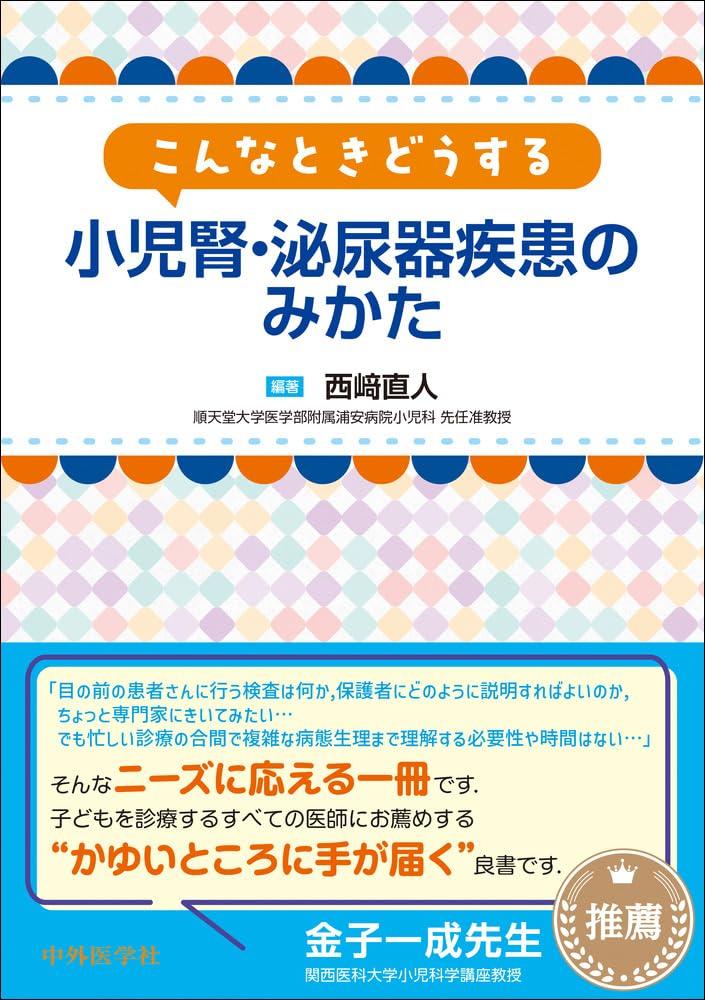

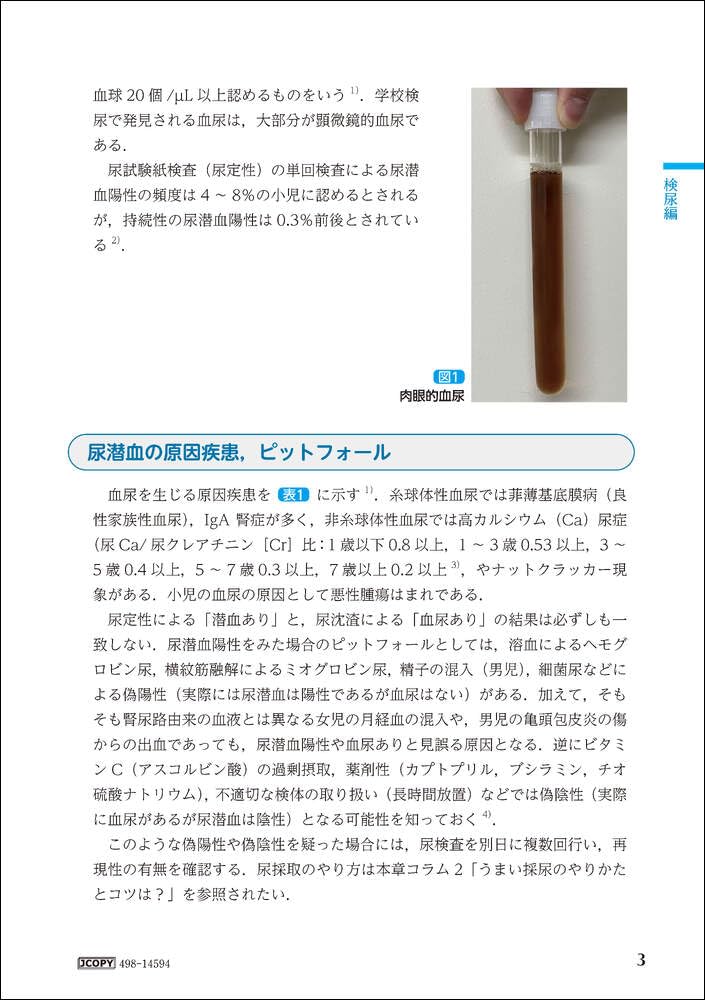
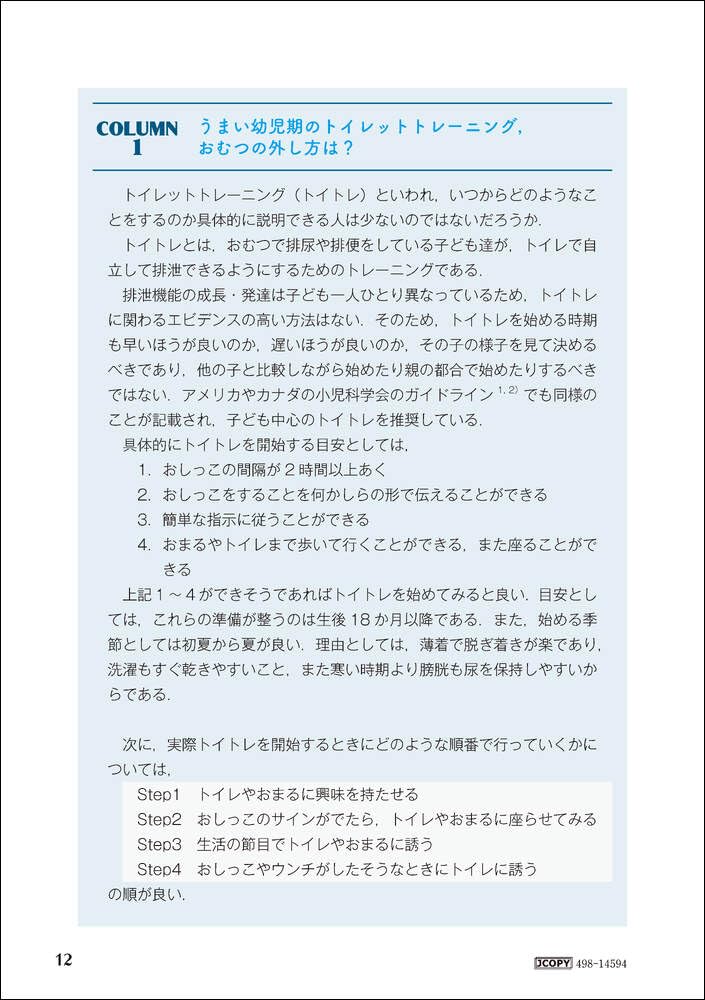
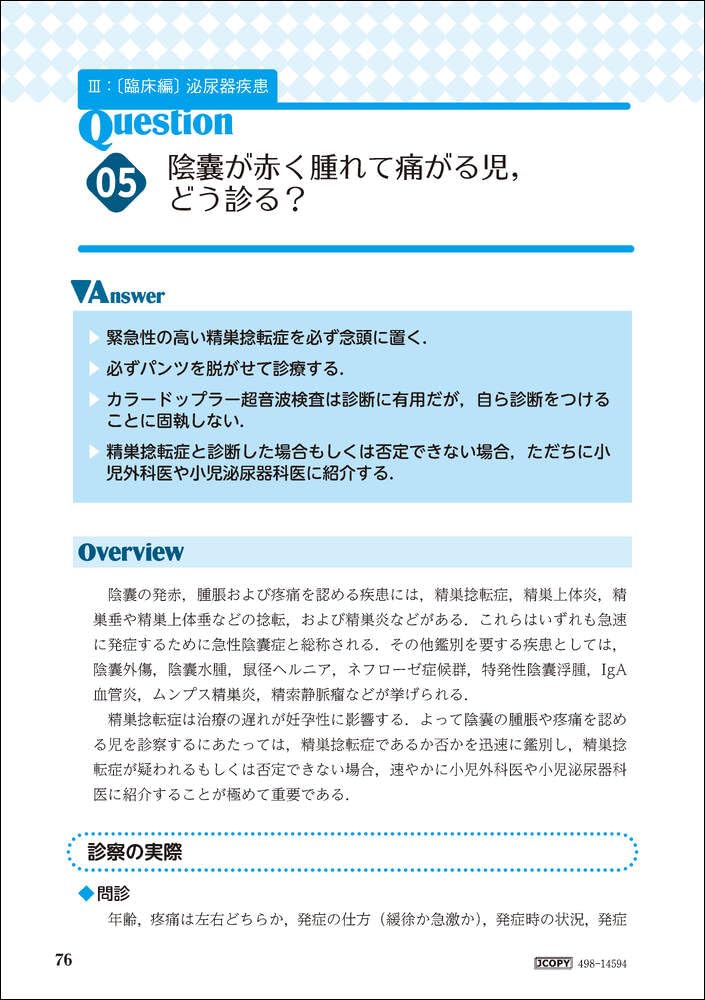
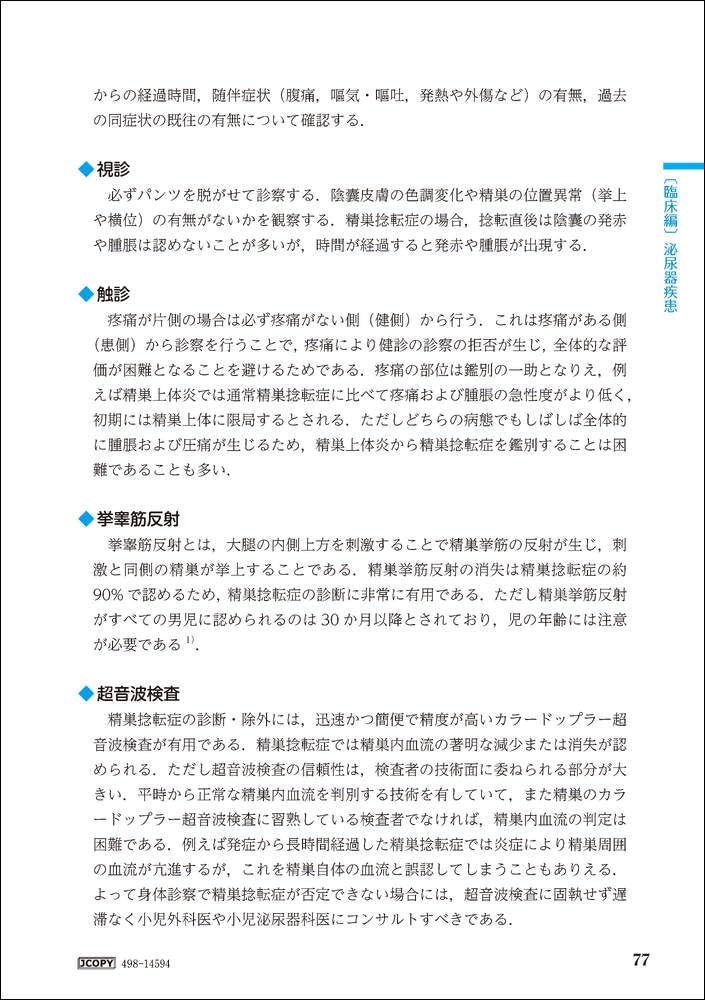









![Japanese Language Teacher Examination Preparation Glossary [Study App Compatible]](https://img.joomcdn.net/e33250318d57d4ed6206155c74290270f53d6600_70_100.jpeg)

![Medicines To Illustrated Easiest Way To Cure Tinnitus and Hearing The Best and Shortest Method Recommended by a Famous Doctor [Standard Read] Loss](https://img.joomcdn.net/39e806430663c5fa3cf6973a614283eff536b6fe_67_100.jpeg)





